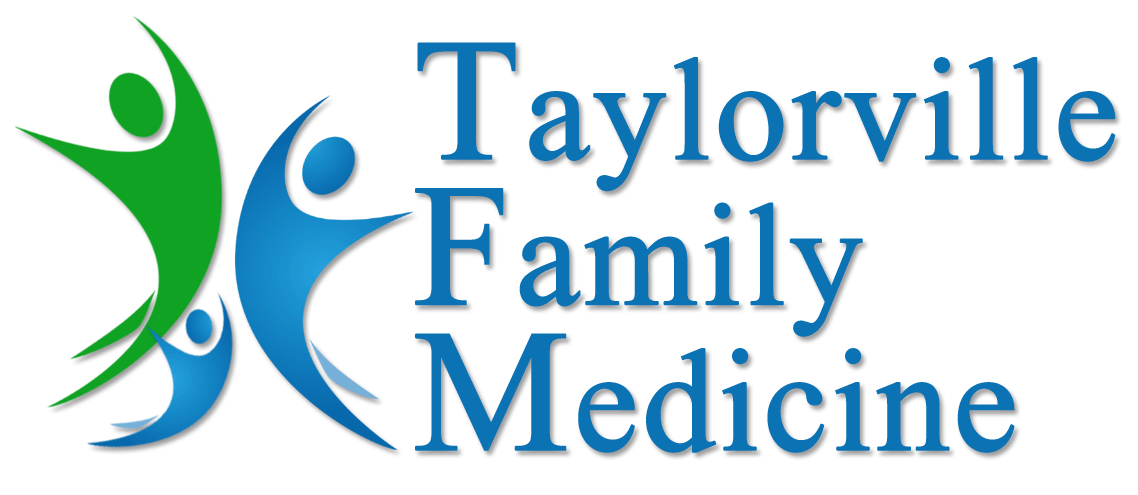Why Cholesterol Levels Matter: Clearing the Blockages on Your Road to Health
- jabbywang

- Dec 27, 2024
- 2 min read

Think of your blood vessels as a highway, carrying nutrients and oxygen to every part of your body. Now imagine that the road is slowly filling with debris—eventually, traffic gets backed up, and nothing moves efficiently. That’s what happens when cholesterol builds up in your arteries. Monitoring your blood cholesterol is like maintaining a clear highway—it ensures your blood flows smoothly and keeps your body running at its best.
What Is Cholesterol?
Cholesterol is a fatty substance your body needs to build cells and make hormones. However, too much of the wrong type of cholesterol can lead to clogged arteries and serious health problems. A blood test measures three key types of cholesterol:
Low-Density Lipoprotein (LDL): Known as “bad cholesterol,” LDL can accumulate on artery walls, forming plaques that narrow or block blood flow.
High-Density Lipoprotein (HDL): Known as “good cholesterol,” HDL helps remove excess cholesterol from the bloodstream, keeping your arteries clear.
Triglycerides: A type of fat in the blood, often associated with high-calorie diets, which can contribute to plaque buildup when elevated.
A healthy cholesterol balance typically means low LDL, high HDL, and normal triglyceride levels.
Symptoms of High Cholesterol
High cholesterol is often referred to as a “silent threat” because it usually has no symptoms. Many people don’t know they have it until they develop serious complications, such as a heart attack or stroke.
What Happens If You Ignore High Cholesterol?
Unchecked high cholesterol can lead to severe health issues, including:
Atherosclerosis: Plaque buildup in the arteries, which restricts blood flow.
Heart disease: Increased risk of heart attacks due to clogged coronary arteries.
Stroke: Blocked or ruptured blood vessels in the brain caused by restricted blood flow.
Peripheral artery disease: Poor circulation in the limbs due to narrowed arteries.
How to Maintain Healthy Cholesterol Levels
The good news? You can take control of your cholesterol and protect your long-term health with these steps:
Adopt a heart-healthy diet: Focus on fiber-rich foods like fruits, vegetables, whole grains, and lean proteins. Limit saturated fats, trans fats, and high-cholesterol foods.
Exercise regularly: Physical activity raises HDL (good cholesterol) and helps control weight and triglycerides.
Quit smoking: If you smoke, stopping can improve your HDL levels and overall cardiovascular health.
Monitor your numbers: Routine blood tests can detect high cholesterol early, allowing for lifestyle adjustments or medication.
Take Action Today
At Taylorville Family Medicine, we’re here to help you manage your cholesterol levels and reduce your risk of heart disease. With regular checkups, personalized dietary advice, and a commitment to your health, we can keep your “highways” clear and your body running smoothly.
Don’t let high cholesterol go unnoticed. Schedule an appointment today and take the first step toward a healthier heart and a longer life.

Comments